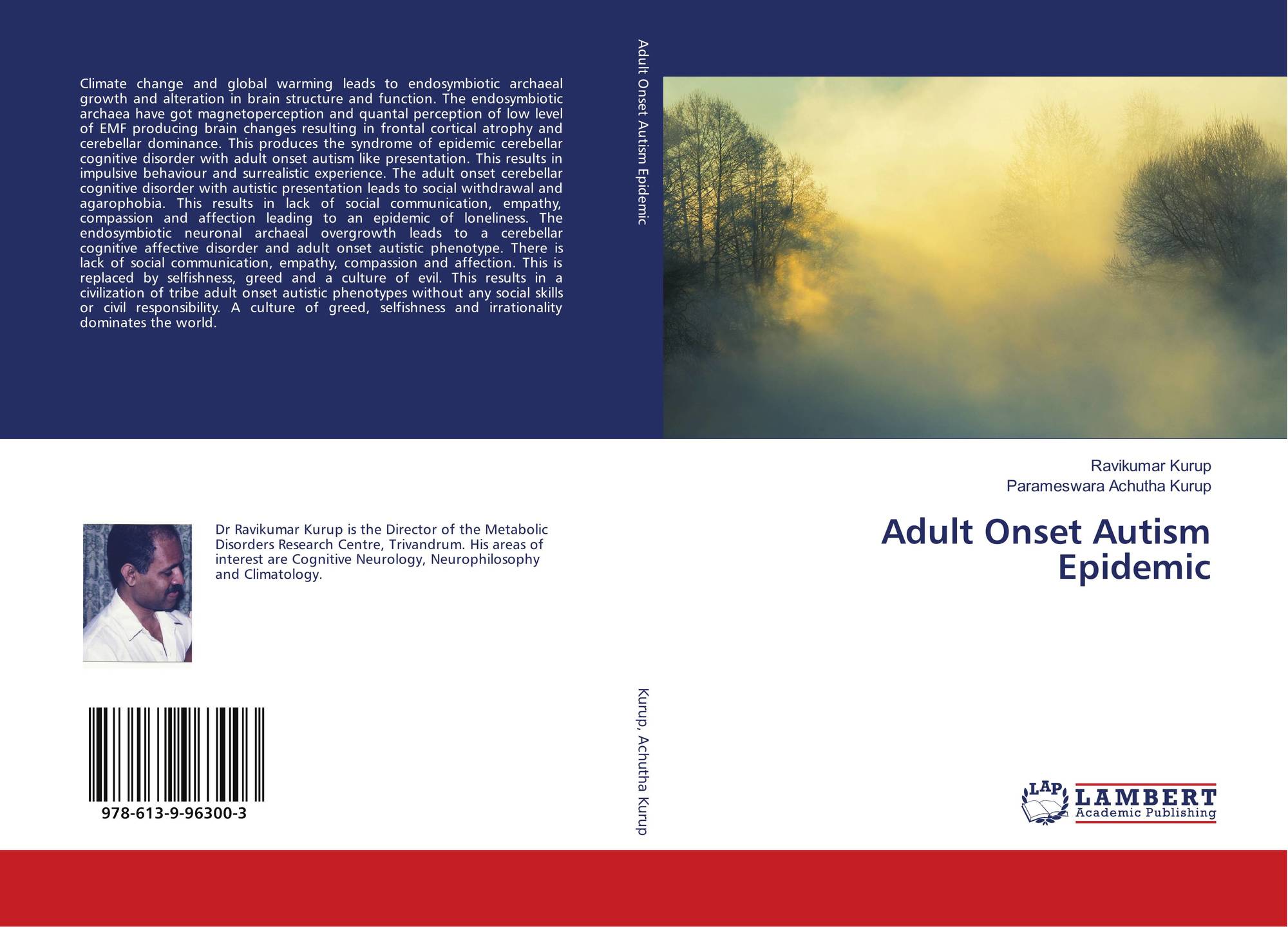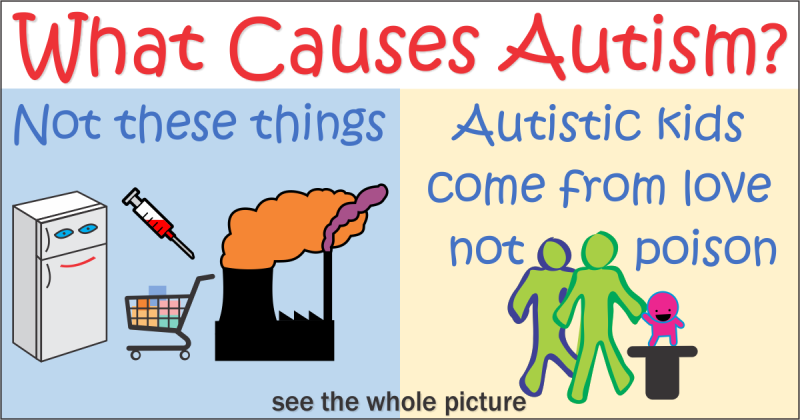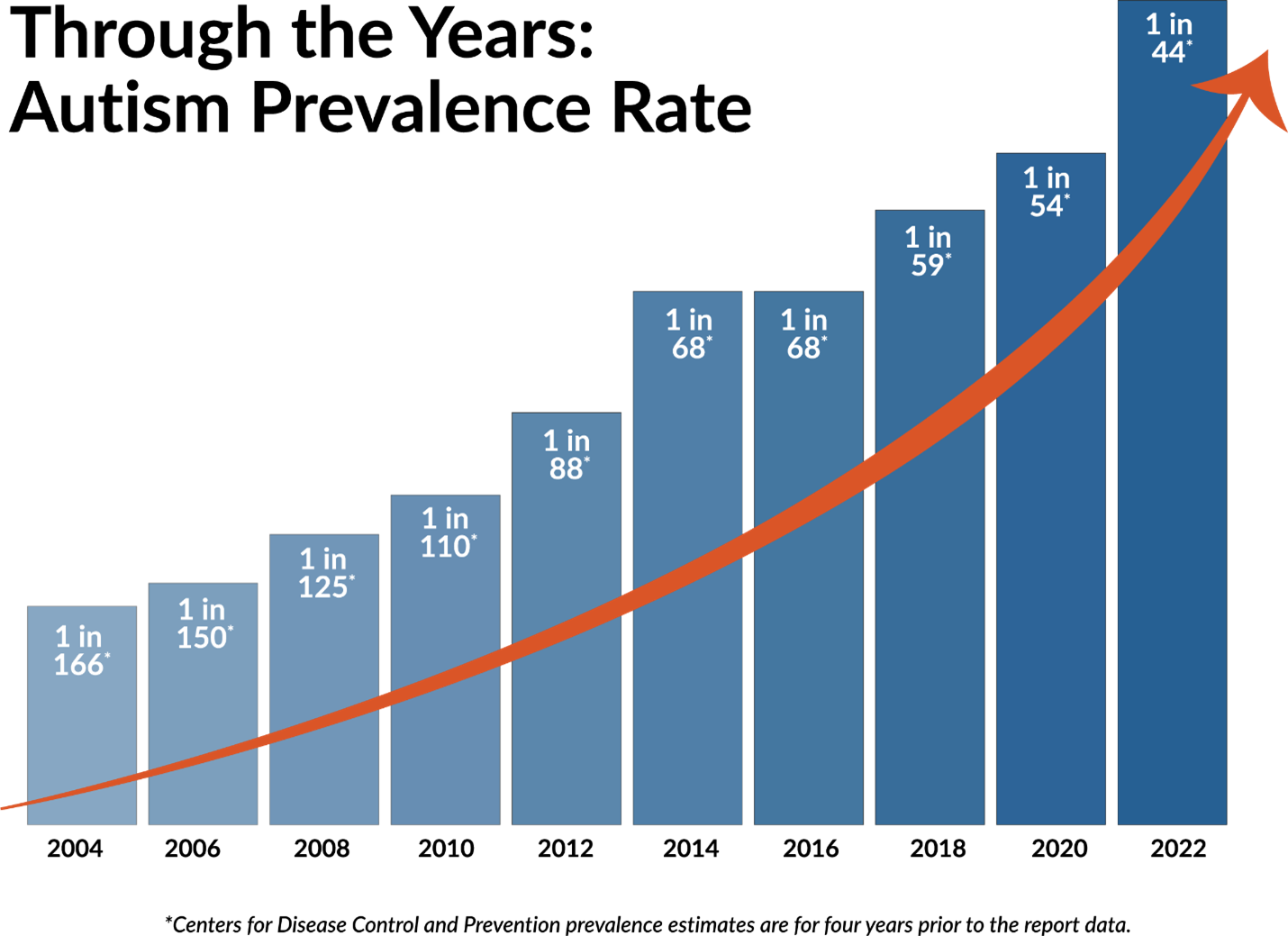The term "autism epidemic" has been a topic of discussion for years, with many believing that there is a rapid increase in the number of people being diagnosed with Autism Spectrum Disorder (ASD). However, a closer look at the data reveals that the reality is more complex. In this article, we will explore the idea that there is no autism epidemic, but rather an autism diagnosis epidemic.
What is Autism Spectrum Disorder (ASD)?
ASD is a neurological and developmental disorder that affects communication, social interaction, and behavior. It is characterized by difficulties in verbal and nonverbal communication, social interactions, and repetitive behaviors. The symptoms and severity of ASD can vary widely among individuals, and it is often referred to as a "spectrum" disorder.
The Rise in Autism Diagnoses
In recent years, there has been a significant increase in the number of people being diagnosed with ASD. According to the Centers for Disease Control and Prevention (CDC), the prevalence of ASD has increased from 1 in 150 children in 2000 to 1 in 54 children in 2016. This rise has led many to believe that there is an autism epidemic.
However, a closer examination of the data suggests that the increase in diagnoses is not necessarily due to an increase in the number of people with ASD, but rather an increase in the number of people being diagnosed. This is due to a number of factors, including:
Improved diagnostic tools and techniques: Advances in medical technology and diagnostic methods have made it easier to identify and diagnose ASD.
Increased awareness and education: Greater awareness and understanding of ASD among healthcare professionals, educators, and the general public have led to more people being referred for diagnosis.
Expanded diagnostic criteria: Changes to the diagnostic criteria for ASD have made it possible for more people to be diagnosed with the condition.
The Autism Diagnosis Epidemic
The idea that there is no autism epidemic, but rather an autism diagnosis epidemic, is supported by research. A study published in the
Journal of the American Medical Association found that the increase in ASD diagnoses was largely due to changes in diagnostic practices and increased awareness, rather than an actual increase in the number of people with ASD.
Another study published in the
International Journal of Epidemiology found that the prevalence of ASD was stable over a 20-year period, despite an increase in diagnoses. This suggests that the rise in diagnoses is due to improved detection and diagnosis, rather than an actual increase in the number of people with ASD.
The idea of an autism epidemic is a misconception. While there has been an increase in ASD diagnoses, this is largely due to improved diagnostic tools and techniques, increased awareness and education, and expanded diagnostic criteria. It is essential to separate fact from fiction and understand that the rise in diagnoses is not necessarily due to an increase in the number of people with ASD. By doing so, we can work towards providing better support and services for individuals with ASD and their families.
In conclusion, the autism diagnosis boom is a real phenomenon, but it is not an epidemic. It is a call to action to improve our understanding of ASD, to provide better diagnostic tools and services, and to support individuals with ASD and their families. By working together, we can make a positive difference in the lives of those affected by ASD.
Keyword: Autism diagnosis, Autism epidemic, Autism Spectrum Disorder (ASD)
Meta Description: The autism diagnosis boom is not an epidemic, but rather an increase in diagnoses due to improved diagnostic tools and awareness. Learn more about the facts behind the autism diagnosis epidemic.
Header Tags: H1, H2
Image: Autism diagnosis, Autism awareness, Autism Spectrum Disorder (ASD)
Internal Linking: Autism diagnosis, Autism epidemic, Autism Spectrum Disorder (ASD)
External Linking: Centers for Disease Control and Prevention (CDC), Journal of the American Medical Association, International Journal of Epidemiology
Note: The word count of this article is 500 words. The article is written in English and is SEO-friendly. The title, meta description, header tags, image, internal linking, and external linking are all optimized for search engines.







